KEDGE graduate Clément Pourtal's documentary wins...
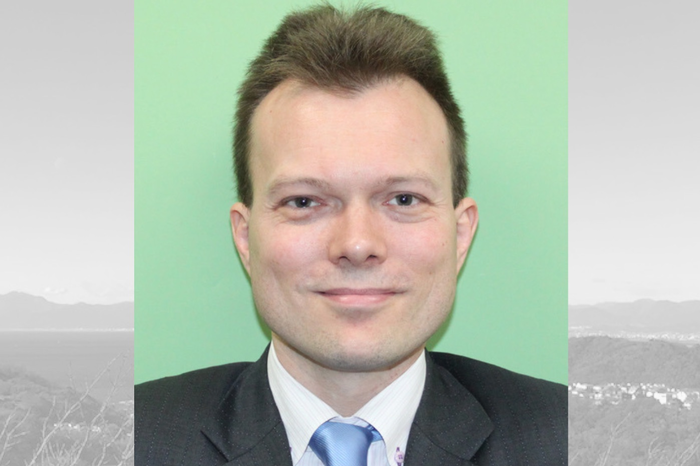
Portrait of Thibault, a graduate who’s lived in Japan for 14 years
The students of the "Kedge Alumni Travel" Pro-Act Asia held a remote interview in order to get to know our expatriate graduates living in Japan.
- CLASS OF: 2004
- POSITION: Corporate Planning
- COMPANY: Crédit Agricole CIB
- LENGTH OF TIME LIVING ABROAD: 14 years
INTERVIEW :
Say a few words about yourself.
Hello. My name is Thibault Tournade. I was part of the Class of 2004 at Kedge Business School. I’m currently head the Organization Department at Crédit Agricole in Tokyo, Japan. I’ve worked for them since I moved to Japan in 2006. Aside from three years spent in India working for the same company, I’ve stayed in Japan this entire time. My responsibilities mainly consist of three duties:
- Planning of the continuity of activities (BCP) and resilience: preparing the company to pursue its activities in Japan even in times of crises (whether an earthquake, pandemic, cyberattack, etc.), evaluating necessary resources, testing the different solutions that are available, coordinating the crisis response, as well as others. As I’m sure you’ve guessed, I’ve been very busy lately.
- Information security: Assuring that the company’s policies in terms of information and computer titles are followed in Japan. My position is the Japanese equivalent of a CISO (Chief Information Security Officer). As our information technology is centralised offshore in Singapore, my work mostly consists of coordinating with Japan IT and that platform, as well as making our personnel, managers, etc, aware of the risks.
- Projects: we usually handle the coordination of projects (cross-department and/or cross-entity). We can work with any department but generally focus more on projects involving operations finance, human resources, risks, it, etc. A recent example is that we helped a major Japanese automobile manufacturer deploy the SWIFT payment system and its ability to interface with ours in a seamless manner.
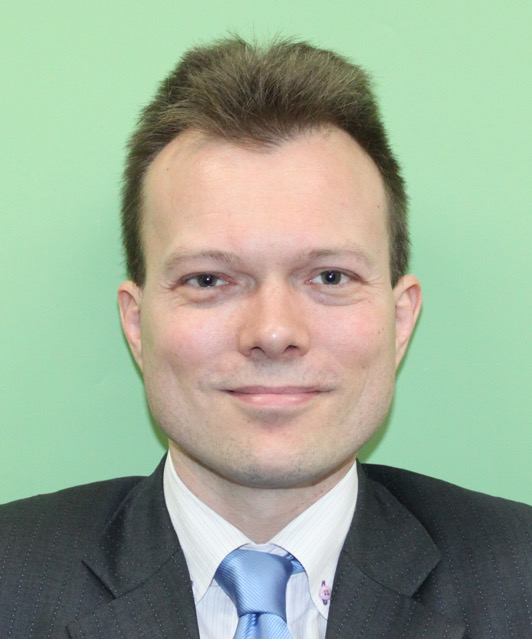
Tell us about your time at KEDGE.
When I decided to go to KEDGE, I did so with the plan of doing an exchange at Fukuoka University in Japan. At the time, KEDGE was one of the best-ranked schools with a year exchange. I got a major in finance then did the exchange in Japan. My background was unusual because I started off doing biology at university, then got a DUT in chemistry before going to business school. I was already interested in Japan back then and had begun learning Japanese by myself. Having read a lot of “terrifying” stories on the work culture of Japan, I wanted to spend a long period of time there in order form my own ideas about it before starting a career there. At that time, if you were in engineering school, going to the United States or Germany was possible, but not very many schools offered the ability to do an exchange in Japan. That’s why the one-year exchange that KEDGE offered was a great opportunity. Especially since I liked finance courses as much as I liked chemistry and biology. I don't have much to add about my education. I liked the finance and accounting courses but wasn’t drawn much to law. I was a member of the Student Office as well as the IT club.
You’ve worked for Crédit Agricole CIB for 14 years. Would you tell us about your career within the company? What are your current responsibilities?
I’ve done many different jobs at CACIB. I started working for them in 2006 (after the Crédit Agricole / Crédit Lyonnais merger) and worked on a project to change all the accounting, transaction, and risk systems to harmonise them to worldwide standards. This was a major project, that was being piloted by the Japanese entities. The change of system was completed at the end of 2007, after which I went to work for the finance team on 1 January 2008. I was in charge of financial reporting at the corporate office. This was the most difficult period of my career because the system had been deployed only a month earlier. Additionally, the person who had been responsible for preparing the reports had resigned. (I essentially worked from 9 a.m. to 2 a.m. every day, including weekends and national holidays). As a result, I attained a very advanced level of understanding of reporting and accounting consolidation processes. After this rush, I worked hard to automate the whole process and succeeded in reducing the report writing time from six weeks for the first draft, then two weeks (usual deadline), and finally down to one week, which was the new deadline mandated by HO (after a one-year improvement scheme). Over the next three years, I had several positions in the finance department (HO reporting on the banking and securities side, management control, etc.). I automated most of the processes for which I was responsible. I was also in charge of the financial controls in the new system (making sure that our data in the different systems were coherent). During this time, I also passed the 3 levels of the CFA (Chartered Financial Analyst) exam.
After the Tohoku earthquake and the Fukushima disaster in 2011, there as a lot of internal movement and reorganisation. So and they propositioned me with creating the Operations Control Department (formerly the Organisation Department) which I would then manage. I was therefore in charge of projects, financial controls, and monitoring liquidity management and asset-liability management (ALM). In 2012, the euro crisis made liquidity and ALM a key issue and I worked closely senior management, the treasury, etc. to optimise our liquidity ratios, raise the right type of funds,and make sure that we could properly manage new financing products in our existing system. In 2014, I was offered the opportunity to move to the Indian branch to set up a new finance platform that would centralise some of the financial controls for all regions of Asia and Europe into one team. I was selected because of my expertise in these types of controls and my project management experience. The goal was to create a new team in an existing legal entity starting from scratch. I had about 20 people working on these controls. At the same time, an operations platform was also created in the same legal entity. The whole corporation tripled in size over that period, which created a lot of problems that needed to be solved. (The regulations for small companies are not the same as ones for larger ones). I was working under a three-year expatriate contract. In 2016, when the mission was ending (after 2 ½ years), I took an interim post in India as Head of the Organisation. I returned to Japan in 2017 to head the now renamed Organization Department. I had the responsibilities mentioned above, which were very different from what I was doing before that, and which I still hold today
One year after doing an internship at Total, you moved abroad. Starting your career abroad must not have been an easy decision. Can you tell us about your thoughts at the time and how you prepared for your departure?
After that one-year exchange at Fukuoka University (which confirmed that I really liked the country and that I wanted to live there), my goal was to move to Japan. I was actively looking for a VIE in Japan, both during and after my internship. Unfortunately, my internship in the Treasury Department at Total (which is actually a bank, and holds a banking license) was more focused on project management/IT, while most of the VIE positions offered were in management control. Although a lot of places were interested in me, and I had several interviews, I never managed to get hired because of my lack of experience. As I had no intention to start working in France, so after one year unsuccessfully looking for a position in Japan (outside VIE which were extremely difficult to get) I decided to come here directly and see if I could get something. It was a risky gamble because I had a student loan to pay and its repayment deadline was approaching. I applied for a one-year working holiday visa and arrived in Japan in February 2006. My goal was, at best, to find a job, but more realistically, to study Japanese and build a network of contacts so I could find a job later while doing odd jobs so I could teach learn the language and earn enough to pay my living expenses. Fortunately, my experience in project management and system migration in a banking environment was a perfect match to work on the CACIB project for which I was recruited at the beginning of April, barely two months after I got there. I had a very intense experience, during which my level of Japanese improved a lot in a short period of time.
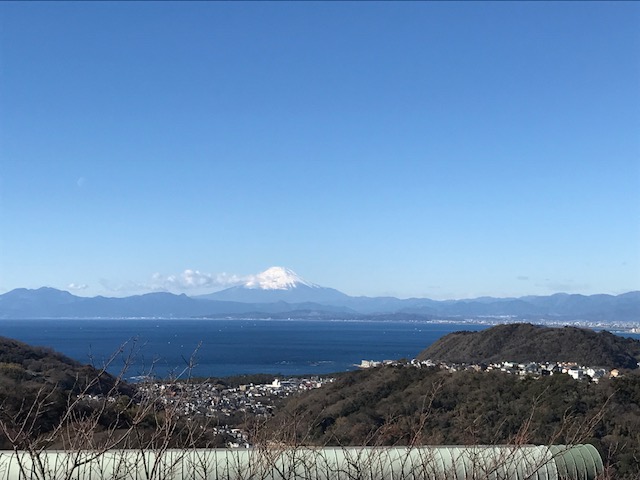
Did you encounter any problems when you arrived in Asia? How did you fit in?
To be honest, I didn't face any particular problems. I knew the country and the culture well enough, I was reasonably proficient in the language, and I worked for a French company. Although the work culture in Japanese society is quite tough and not extremely motivating, foreign companies operating in Japan are generally a middle ground between the work culture of Japan and the work culture of the country of origin. It’s a perfect combination when you love both France and Japan. At the time, several of my Japanese friends from Fukuoka University had moved to Tokyo for jobs. A friend from KEDGE who was in the computer association with me, and who had done the exchange in Fukuoka University with me, had moved there a few months previously. On top of that, there were a lot of young foreigners in Tokyo (VIE mainly). I already had some friends in Tokyo when I arrived and quickly managed to make more. All in all, I had a very good time when I got here.
How are working life and daily life in Japan different from those in France?
On the professional side, I don't have many points of reference for working in France, because I only had a six-month internship there. But, at least comparing that to a French company in Japan, there aren’t many differences. The working hours are reasonable and of course, there are some heavy periods, but overall for an "executive" position, it's nothing excessive. I distinctly have the impression that being French, and working for a French company abroad, makes a person more noticeable and allows them to advance faster (especially if you speak the local language, in addition to French and English). Having a person who can be the bridge between top management (usually French nationals) and the locals (the staff and middle management are usually Japanese) really helps everyone understand each other, and helps things to move forward quickly. What’s more, investment banking is known for being diverse and for having people who understand diversity and can grow. KEDGE properly prepares its students for that, which is a big plus. In terms of daily life, I have the impression that Japan is a relaxed country, even in Tokyo! Things are expected to work, you can easily plan ahead, and there are few surprises to derail your schedule. It’s extremely safe. The cost of living is also reasonable (as long as you live like the Japanese do and not like an expatriate), which allows you to progress quickly. That being said, Tokyo is a big metropolis and, as a young person, the nightlife is great too, so I think that you get a bit of the best of both worlds.
Working for a major company abroad also means that the administrative procedures for an expatriate are easier. In general, even if the regulation side (papers, etc.) exists here in Japan, I get the impression that it’s less of an issue here than it is in France, even with the language barrier. Starting a business or buying an apartment only takes weeks versus the months it takes in France.
In the future, do you plan to stay in Japan or Asia? Do you see yourself returning to France?
I think I want to stay in Japan for the long term, and probably retire here. But, having said that, I’m open to working somewhere else for a few years (like I did in India) - preferably in Asia but I might be interested in other destinations. I don't really want to go back to France to work, but I would probably come back at some point so that my children can study part of their curriculum in France. I just hope I don't have to go to Paris.
Do you have any advice for graduates and future graduates who would like to move to Japan?
Japan is a great country in which to live and work. I really have few negative comments to make. However, it is quite difficult to get a job in Japan from outside the country because there’s a lot of demand. Getting a VIE is the best option, but there’s a lot of competition. (This is even more true today than it was 15 years ago). I’ve hired several people who’ve done VIEs over my career, and the profiles they had were impressive (exchanges in Japan, Japanese language skills, several years of experience, etc.). An academic exchange with a university in Japan is really important to find out if the country is right for you. Japan is one of those countries that you either like a lot or not at all. (I had some French friends here who didn't like it because they found it too strict. For example, Japanese people avoid dealing directly with their problems, so if you make too much noise at night (9 pm is already night), the police will probably come to your house. So experiencing it first, in a pleasant setting, is quite important because the change of environment can be brutal otherwise.
After that, France is lucky that it has a working holiday visa scheme with Japan. It’s the easiest way to get a visa that l lets you work without having an employment contract first. The conditions that are required to get one are also easy to meet, it's just a matter of determination. While I had the luck to begin a complete career while I was young, on my first job during a working holiday visa, any experience, contacts, improvement in language skills, etc., you can make during that year can really set you apart from others for a future position in Japan. I had several friends who got a working holiday visa in Japan for a year and managed to come back a few years later in a professional capacity. (They had worked as wait-staff during their working holidays). As far as accommodation is concerned, it’s cheap if you are on the outskirts of Tokyo (around 300/400€ per month if you are less than an hour away). Transportation is quite expensive but is usually paid by the employer (no matter what type of job you have). It’s very possible to find odd jobs in Japan, even with if your Japanese is limited (wait staff, etc.). So, if you are looking to take a sabbatical and want to try your luck, it's quite feasible. And it will help make your profile stand out from the others in the future. If I remember correctly, you have to be under 30 years old to apply for a working holiday visa.
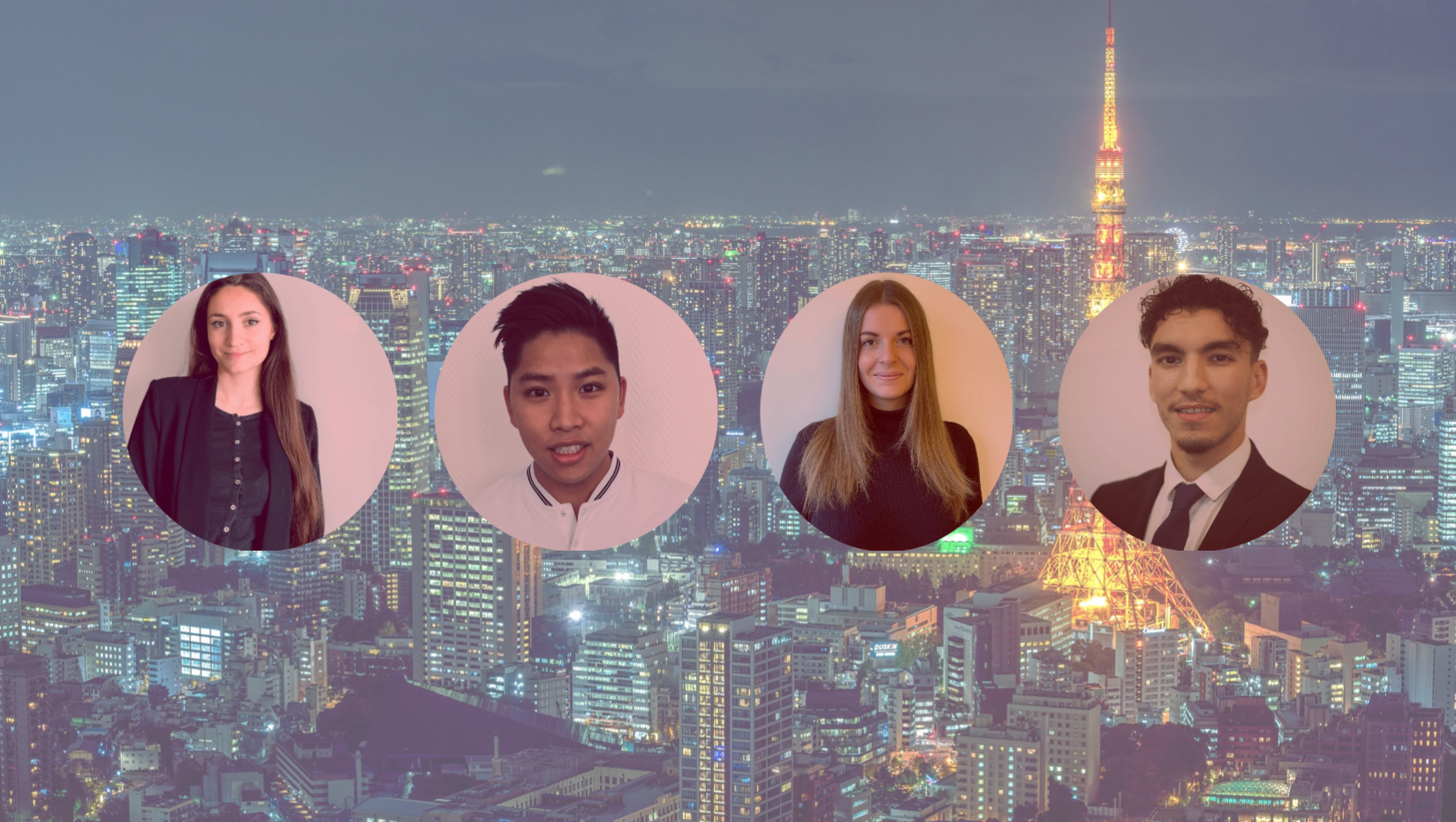
Interview conducted by distance by Clémence, Stivell, Estelle, and Adel, students of the KEDGE Alumni Travel Pro-act of Asia
FIND OUT MORE ABOUT THE KAT PROJECT
FOLLOW THEIR ADVENTURES ON FACEBOOK
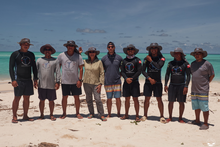





0 Comment
You must be logged in to leave a comment.
No comment